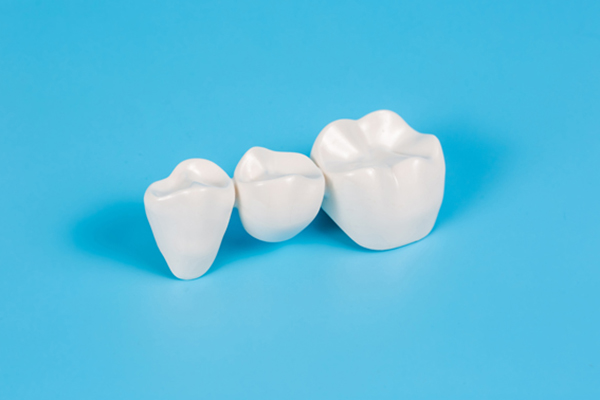The Dental Bridge Procedure: A Step-By-Step Guide

A dental bridge might be the right treatment if you have lost one or more teeth and want to enhance your oral health and self-esteem. The dental bridge can restore your smile’s appearance and allow you to chew normally once more. If you are considering this treatment, this article outlines all the steps involved so you know what to expect.
A guide to getting a dental bridge
The first step of the dental bridge procedure is a consultation with a dentist. During the first visit, the dentist will examine the patient’s gums and teeth, address their concerns, and check if a dental bridge is the most suitable option. They will check the patient’s entire dental history and any existing oral health issues before installing a bridge.
If the dental bridge is a good match, the dentist will develop a tailored treatment plan. The plan will outline the kind of bridge, the materials, and the timeframe for the process.
Preparing the abutment teeth
The adjacent teeth form the base of dental bridges. They are called abutment teeth. The dentist will remove some enamel from each of these teeth. This allows the attachment of dental crowns to the abutment teeth to hold the bridge in place.
Once the adjacent teeth are ready, the dentist will take molds or impressions of the teeth. The molds ensure the dental bridge fits the patient snugly. While the dental restoration is being made in the lab, the dentist may give provide a temporary bridge to protect adjacent teeth and restore the smile’s appearance. The color, size, and shape of the final bridge will match the remaining teeth to give a natural look.
Installing the dental bridge
When the permanent bridge is completed, patients will visit the dentist for fitting. The dentist will examine the bridge to see that it fits and is properly aligned. They will make any necessary changes for a practical and comfortable outcome. Once the bridge is fitted and looks good, the dentist will cement it in place over the abutment teeth using dental cement. Once the bridge is set in cement, the dentist will do a final examination to ensure it is comfortable and works properly. They will check that the bite aligns correctly.
Aftercare guide
The dentist will offer recommendations on how to care for the dental bridge following the procedure for its longevity and health. Patients will learn proper oral hygiene and be reminded to attend regular dental appointments to keep the bridge in good condition.
Finally, patients can smile again because of the new dental bridge. Improving one’s smile appearance may also help one feel more confident when eating and speaking. It will also keep the teeth properly aligned and prevent future oral health issues.
In summary
Getting a dental bridge is a meticulous process requiring your dentist to plan, prepare, and perform the work carefully. From your first appointment to the installation and post-treatment care, each stage is crucial for the success of your dental bridge. If you have missing teeth and are exploring restoration options, you should book a consultation appointment with our dental office today.
Request an appointment here: https://www.dentistinridgewood.com or call Aston Dental at (201) 620-9996 for an appointment in our Ridgewood office.
Check out what others are saying about our dental services on Yelp: Dental Bridges in Ridgewood, NJ.
Related Posts
Considering a dental bridge to replace your missing teeth? If you have one or more missing teeth, then you have several options available to you to replace the missing teeth and regain confidence in your smile. A dental bridge (of which there are several types) is a great way to restore your smile, and there…
A dental crown can protect the remaining dental structure. It can restore and protect the natural tooth. Maintaining this restoration can help keep your smile intact for a long time. Here are some care tips for your new dental crown.Specific foods can damage a dental crown. Some raw fruits and vegetables are firm and hard.…
Deep teeth cleaning, also known as scaling and root plaining is key to keeping your smile healthy and fighting gum disease. This procedure goes deeper than a regular cleaning by removing harmful bacteria and tartar under the gums, halting further damage and helping your gums heal. Prioritizing this procedure can help you avoid costly treatments…
Laser dentistry has been a popular method of dental care for the last several decades. Lasers are perceived as less painful and more effective than traditional dental treatment methods and can be used for a variety of procedures with a high degree of precision.With the use of lasers for dental procedures, patients experience less pain,…

